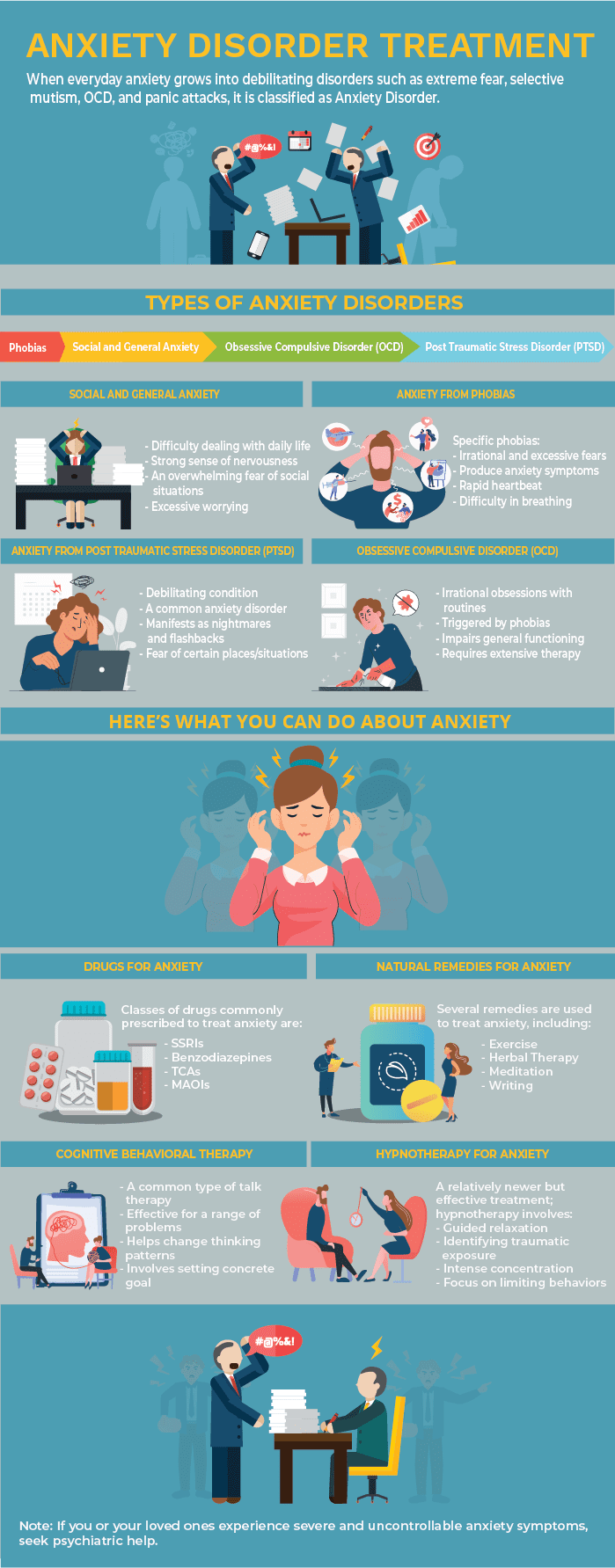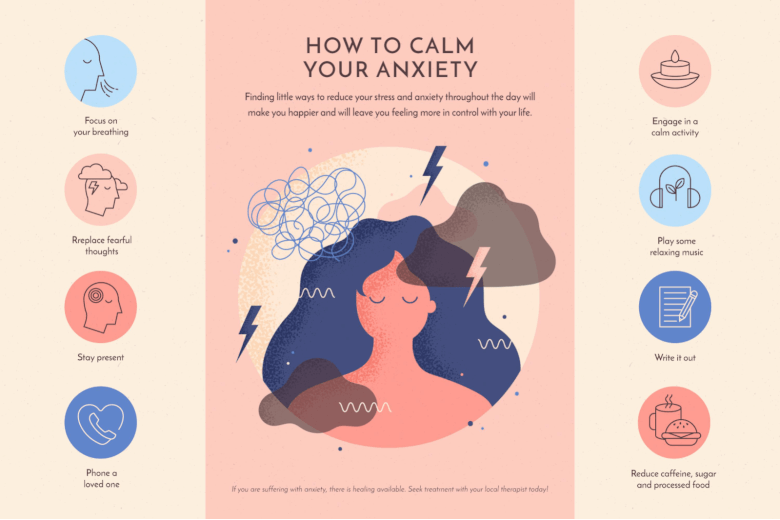Discover the most effective anxiety disorder medications for every situation in this comprehensive guide to finding peace of mind.

Image courtesy of Nataliya Vaitkevich via Pexels
Table of Contents
Anxiety disorders can be incredibly debilitating, affecting millions of individuals around the world. While therapy and lifestyle changes can be effective in managing anxiety, medication can also play a crucial role in treatment. In this comprehensive guide, we will explore the various types of anxiety disorder medications, how they work, their potential side effects, and important considerations to keep in mind.
Understanding Anxiety Disorders
Before delving into the different medication options, it’s important to understand what anxiety disorders are and how they can impact a person’s daily life. Anxiety disorders are characterized by persistent and excessive worry or fear that can interfere with daily activities. Common types of anxiety disorders include generalized anxiety disorder, panic disorder, social anxiety disorder, and specific phobias.
Types of Anxiety Disorder Medications
There are several classes of medications commonly used to treat anxiety disorders. These include:
1. Selective Serotonin Reuptake Inhibitors (SSRIs)
SSRIs are one of the most commonly prescribed medications for anxiety disorders. They work by increasing levels of serotonin in the brain, which can help regulate mood and alleviate symptoms of anxiety. Examples of SSRIs include sertraline (Zoloft), fluoxetine (Prozac), and escitalopram (Lexapro).
2. Serotonin-Norepinephrine Reuptake Inhibitors (SNRIs)
SNRIs are another class of antidepressants that are often used to treat anxiety disorders. They work by increasing levels of both serotonin and norepinephrine in the brain. Examples of SNRIs include venlafaxine (Effexor) and duloxetine (Cymbalta).
3. Benzodiazepines
Benzodiazepines are a class of medications that can provide rapid relief from anxiety symptoms. They work by enhancing the effects of a neurotransmitter called gamma-aminobutyric acid (GABA), which helps calm the brain. Examples of benzodiazepines include alprazolam (Xanax) and clonazepam (Klonopin).
4. Beta-Blockers
Beta-blockers are medications typically used to treat high blood pressure and heart conditions but can also be effective in managing symptoms of anxiety, such as rapid heartbeat and tremors. They work by blocking the effects of adrenaline in the body. Examples of beta-blockers include propranolol (Inderal) and atenolol (Tenormin).
How Anxiety Disorder Medications Work
Each class of medication works differently to target the symptoms of anxiety disorders. SSRIs and SNRIs help regulate neurotransmitters in the brain that are associated with mood and anxiety. Benzodiazepines provide rapid relief by enhancing the effects of GABA. Beta-blockers help control physical symptoms of anxiety, such as rapid heartbeat and sweating.

Image courtesy of www.rtor.org via Google Images
Potential Side Effects
While anxiety disorder medications can be effective in treating symptoms, they can also come with potential side effects. Common side effects of these medications may include nausea, dizziness, drowsiness, and sexual dysfunction. It’s important to discuss any potential side effects with your healthcare provider.
| Medication | Generic Name | Usage | Side Effects |
|---|---|---|---|
| Xanax | Alprazolam | Treats anxiety and panic disorders | Drowsiness, dizziness, memory problems |
| Zoloft | Sertraline | Treats depression, OCD, PTSD, social anxiety | Nausea, diarrhea, weight loss or gain |
| Lexapro | Escitalopram | Treats depression and generalized anxiety disorder | Drowsiness, insomnia, sexual dysfunction |
| Prozac | Fluoxetine | Treats depression, OCD, bulimia, panic disorder | Nausea, headache, dry mouth |
Important Considerations
Before starting any medication for anxiety disorders, there are several important considerations to keep in mind:

Image courtesy of www.calmclinic.com via Google Images
1. Consult with a Healthcare Provider
It’s crucial to consult with a healthcare provider before starting any medication. They can help determine the best treatment plan based on your individual symptoms and medical history.
2. Follow Dosage Instructions
It’s important to follow the prescribed dosage instructions provided by your healthcare provider. Taking more or less medication than recommended can be dangerous and may not be effective in managing symptoms.
3. Monitor for Side Effects
Be mindful of any potential side effects that may arise while taking anxiety disorder medications. If you experience any concerning side effects, contact your healthcare provider immediately.
4. Be Patient
Medications for anxiety disorders can take time to show full effects. It’s important to be patient and give the medication a chance to work. If you don’t see improvement or experience worsening symptoms, consult with your healthcare provider.
Conclusion
Anxiety disorder medications can be a valuable tool in managing symptoms and improving quality of life for individuals with anxiety disorders. By understanding the different types of medications available, how they work, potential side effects, and important considerations, you can make informed decisions about your treatment. Remember to work closely with your healthcare provider to develop a treatment plan that is tailored to your individual needs.
FAQ
Are anxiety disorder medications addictive?
Benzodiazepines, a common type of anxiety medication, can be addictive if not taken as prescribed. It’s essential to follow your healthcare provider’s instructions and never abruptly stop taking medication without guidance.
How long does it take for anxiety medications to work?
Anxiety medications can take several weeks to show their full effects. It’s crucial to be patient and consistent in taking the medication as prescribed to experience the maximum benefits.
Can I combine therapy with anxiety medication?
Yes, combining therapy with anxiety medication can be highly effective in managing symptoms. Therapy can help address underlying issues, while medication can provide relief from immediate symptoms.
What should I do if I experience severe side effects from anxiety medication?
If you experience severe side effects from anxiety medication, such as difficulty breathing or heart palpitations, seek immediate medical attention. It’s crucial to contact your healthcare provider as soon as possible to discuss alternative treatment options.
Powered by Texta.ai Blog Automation






